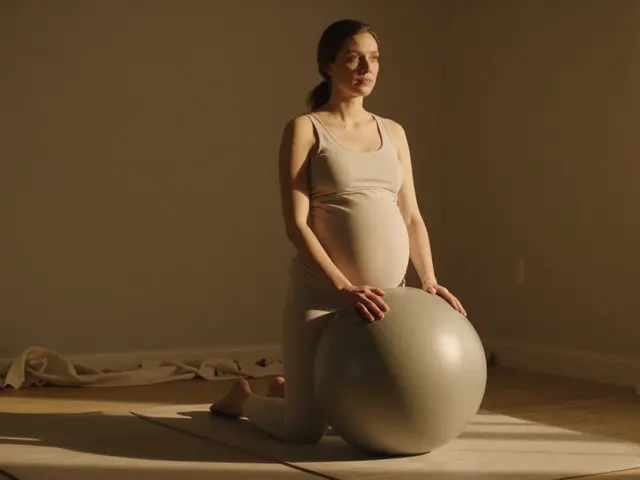Laktace a amenoreja: Co je to a jak ovlivňuje těhotenství
When a woman gives birth and starts breastfeeding, her body often stops having periods. This isn’t a problem—it’s a natural response called laktacionální amenoreja, přirozené zastavení menstruace během kojení způsobené hormonálními změnami. It’s not magic, it’s biology. The hormone prolactin, which helps produce breast milk, also suppresses ovulation. So if you’re exclusively breastfeeding, your body might not release an egg—and that means you can’t get pregnant. This isn’t just a side effect; it’s a built-in mechanism that helps space out pregnancies.
But here’s the catch: laktacionální amenoreja, funguje pouze za přesných podmínek. You need to be feeding your baby every 2–4 hours around the clock, with no bottles or pacifiers, and no long gaps between feedings—even at night. If you start supplementing with formula, introduce solids before six months, or your baby sleeps through the night, the protection fades fast. Studies show it’s about 98% effective in the first six months, but only if you follow the rules exactly. It’s not a backup plan—it’s a full-time job. And if your period comes back, even if it’s light or irregular, that’s your body’s signal: ovulation is likely happening again.
Many women assume they’re safe because they’re not bleeding, but that’s dangerous thinking. Some get pregnant before their first period after birth. Others think breastfeeding alone is enough, even if they’re pumping or feeding only twice a day. That’s not enough. The laktace, intenzivní a časté kojení, které podporuje hormonální změny is the key. If you’re not feeding often enough, your prolactin levels drop, and your cycle can return without warning. That’s why doctors don’t recommend it as a standalone method unless you’re fully committed.
And while it’s a natural, hormone-free form of birth control, it’s not foolproof. If you want reliable protection, combine it with another method—like condoms or a progesterone-only pill. Don’t wait for your period to come back to think about contraception. If you’re trying to avoid pregnancy, plan ahead. If you’re trying to get pregnant again, know that your fertility might return slowly, even if you’re still breastfeeding. Your body doesn’t follow a calendar—it follows signals. And those signals are tied to how often you nurse, not how many weeks have passed since birth.
What you’ll find in the articles below are real-life stories, clear explanations, and practical advice about what happens to your body after birth—not just the big changes, but the quiet ones too. From spotting during breastfeeding to why your cycle might be irregular, these posts break down the science without the jargon. You’ll learn what’s normal, what’s not, and when you should talk to your doctor. No fluff. Just facts you can use.
Jak vypadá první menstruace po porodu: co očekávat a kdy se objeví
První menstruace po porodu se liší podle kojení, tělesného zdraví a hormonů. Zjistěte, kdy se objeví, jak vypadá, proč může být jiná a kdy je třeba jít k lékaři.






